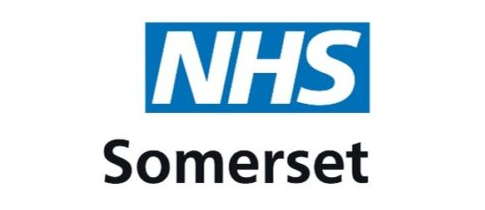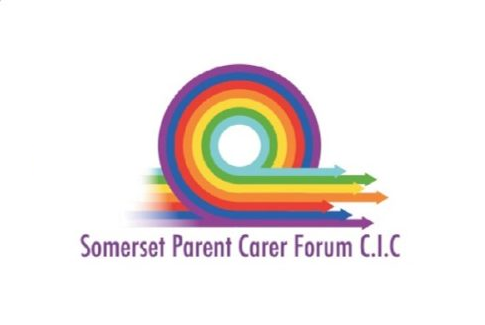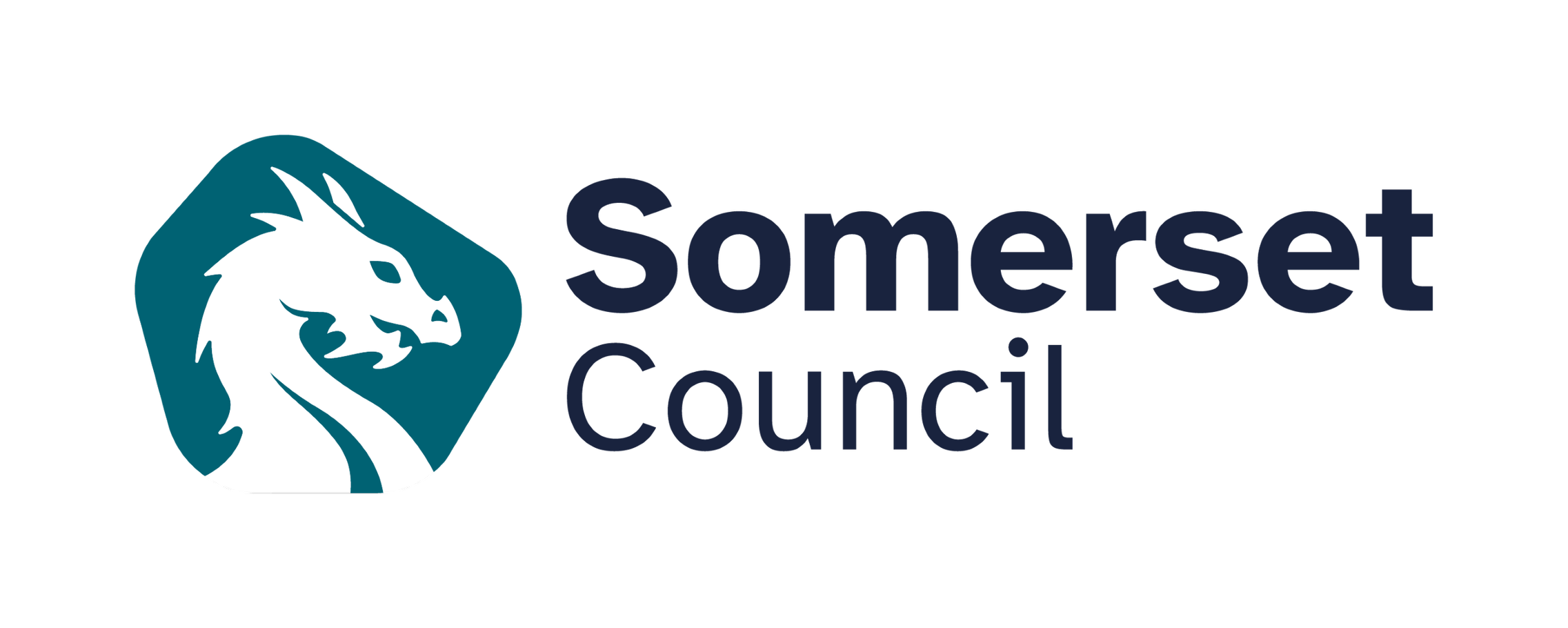About
Initial Appointment – Online gathering background information and allocating a keyworker
- A first appointment with the child or young person’s parent carer is offered. In most cases, this appointment will be online by video link.
- The purpose of this appointment is to gather background and contextual information relevant to the young person’s neurodiversity assessment (including a comprehensive developmental history).
- The young person is allocated a keyworker from the Children and Young People Neurodevelopmental Partnership Team who will co-ordinate their assessment and be a point of contact.
Second Appointment – Face-to-face with two members of the Children and Young People Neurodevelopmental Partnership Team
- The child or young person and their parent carer are invited to a second appointment with two members of the CYPNP Team. This appointment is face-to-face.
- This appointment starts with a discussion about the reasons an assessment is wanted and how it is hoped our work together will be helpful.
- Informed consent for the assessment is gained from the young person (wherever appropriate) and their parent carer.
- After this initial chat, wherever possible, the young person and their parent carer are seen separately.
Working with other services and practitioners – gathering information
- Our team will gather information from other people who have recently, or are currently, working with them.
- This might involve requesting an update in writing from a school practitioner (such as a teacher or Special Educational Needs Coordinator – SENCo). We might also need to have a conversation with them.
Follow up appointments (as required) – gathering further information
- Further appointment(s) are offered to gather enough information to enable us to complete the assessment.
- What this involves is different for every young person.
- Follow up appointment(s) might involve specialist assessments of cognitive ability (thinking skills), language needs, or other possible areas of difference.
- This might involve consideration of co-occurring or alternative explanations for the young person’s areas of difference ( for example, medical, genetic needs, attachment or the impact of difficult life events they may have encountered).
- We may need to observe the young person at their school and home.
Feedback, report, recommendations and follow up – discussing the outcome of the assessment
- A feedback appointment is offered to share and discuss the outcome of the assessment.
- A comprehensive report is written for the young person which will include a formulation (understanding) of their areas of difference, confirmation of any diagnosis given.
- Young person and parent carer are welcome to request a follow-up appointment to discuss the assessment further within three months of receiving the report.
- We will make some specific recommendations and signpost to any appropriate next steps.
Face to face appointments take place at the following clinics:
- Taunton
- Bridgwater
- Shepton Mallet
- Frome
- Yeovil
- Chard
- Minehead (only for ADHD follow-ups)
- Wellington (only for ADHD follow-ups)




